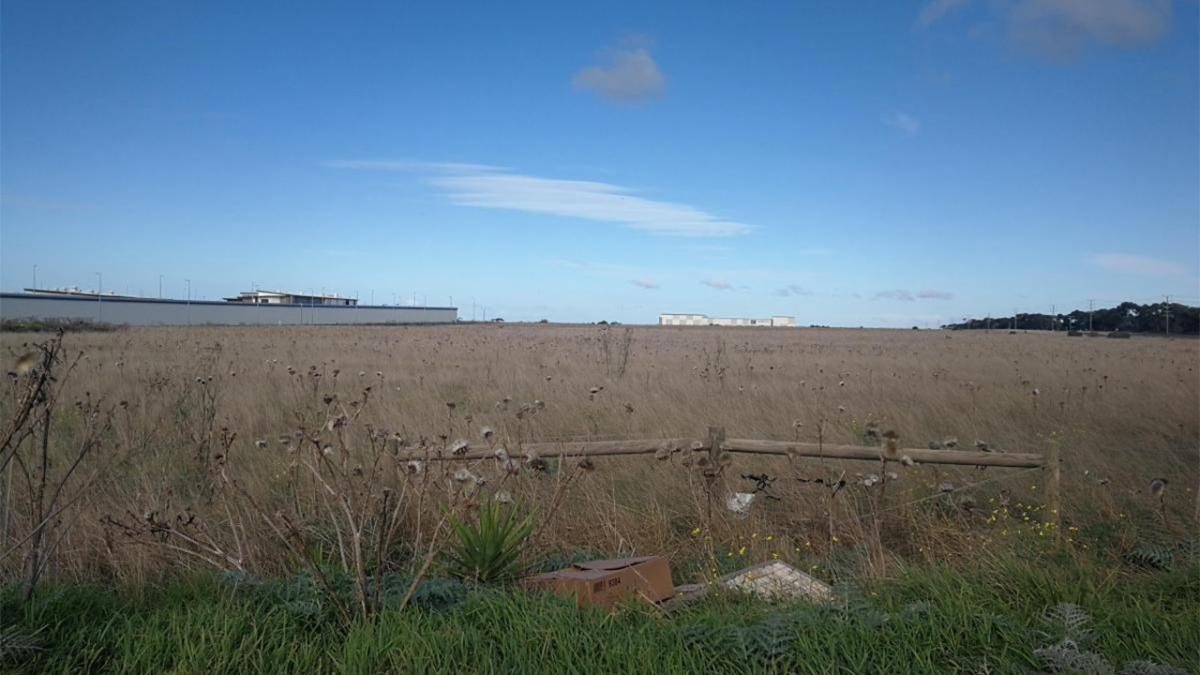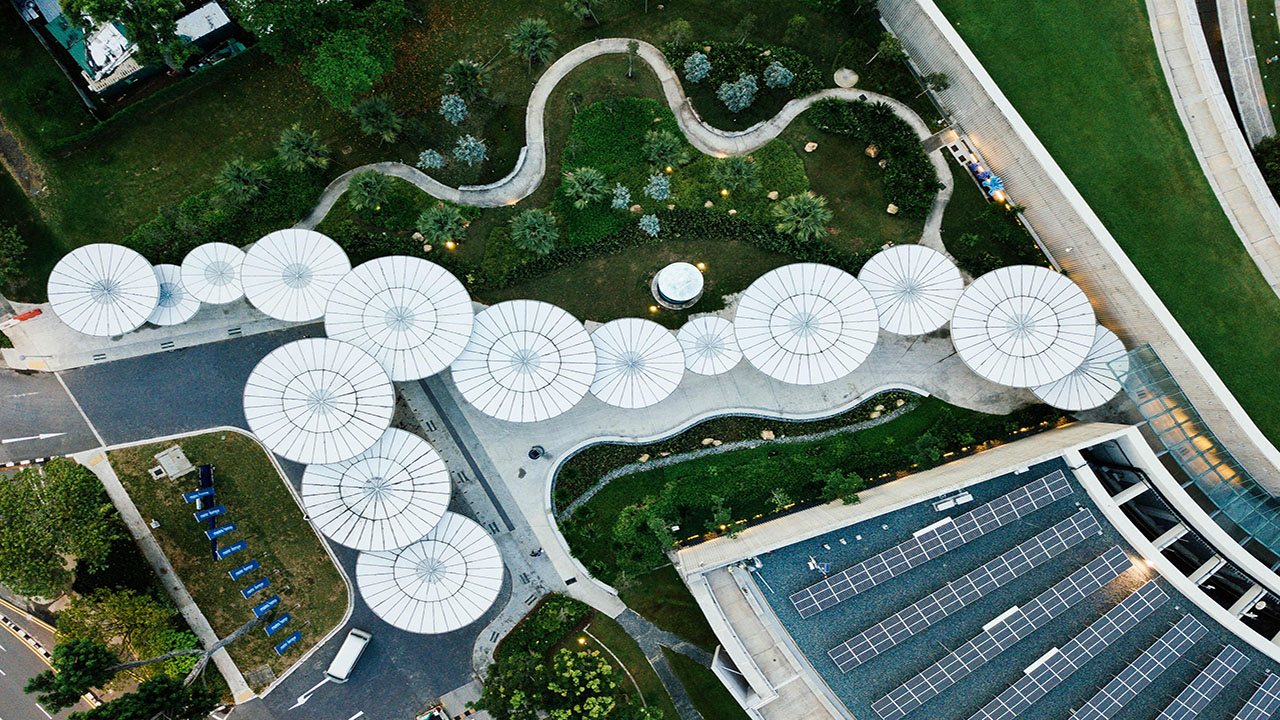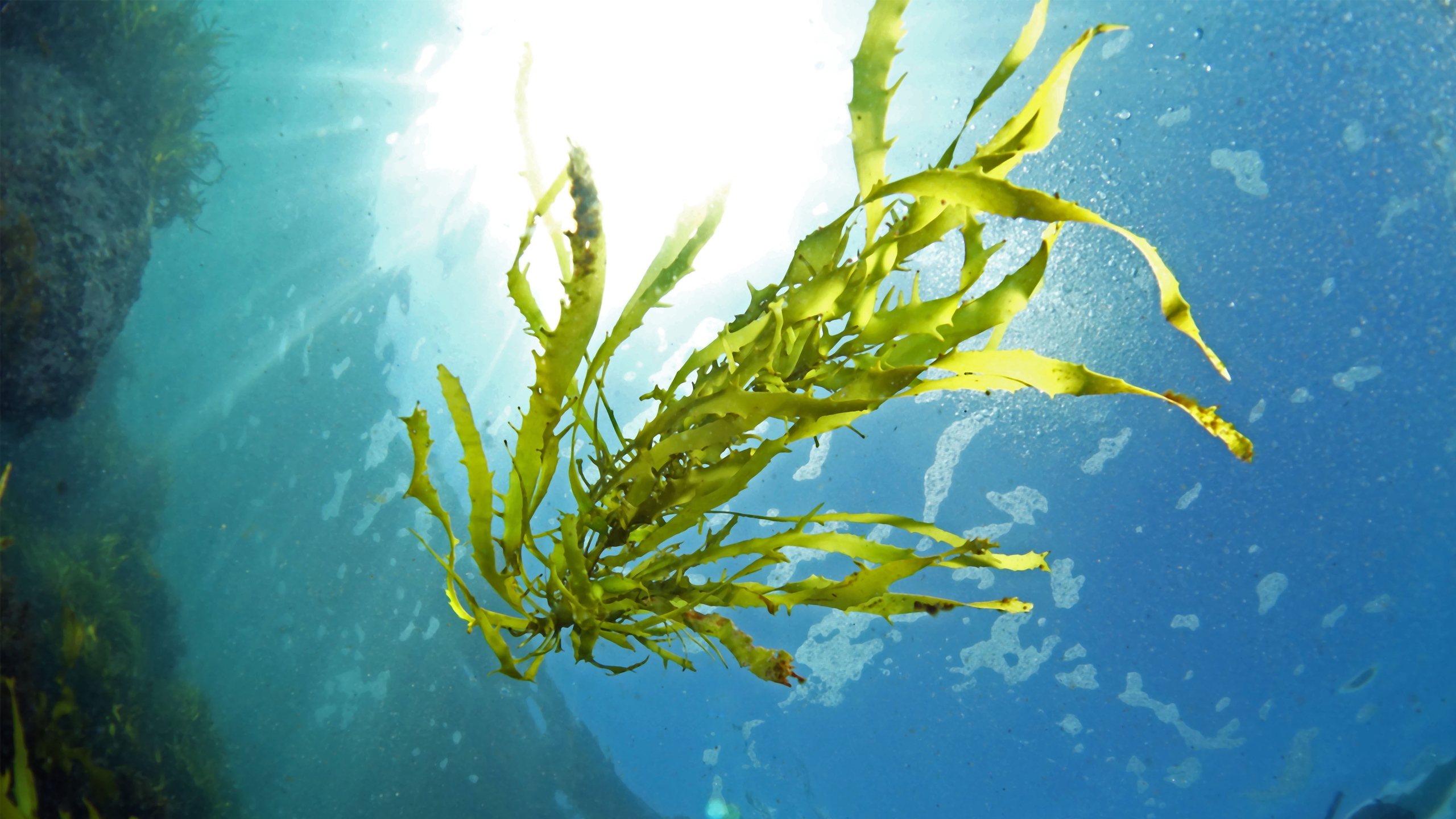Sensing the Carceral State: Exploring Boundaries and Prison Landscapes

Join Emma Russell and Poppy de Souza in an enlightening seminar where they will share their book project, Sensing the Carceral State. This seminar is an excellent opportunity for everyone, including students, to gain valuable insights into the book's concepts and approaches. Together, we will delve into the important issues surrounding the carceral state and its contemporary transformations.
Through their multidisciplinary and decolonial framework, Emma and Poppy will shed light on how space and the senses play a vital role in understanding organised violence within the carceral system. They will explore real-life examples such as racialised policing, prison construction, and resistance to the mobile border, providing fresh perspectives on these complex subjects.
Abstracts:
The Making of Prison Land – Emma Russell
This talk focuses on the multiple, layered histories of the Ravenhall Prisons Precinct on Wurundjeri Woi Wurrung land, in the outer western suburbs of Melbourne. Combining field visits with documentary analysis of the official administrative process of prison land-making, I explore how localised contexts are embedded in global networks of capitalist accumulation and production, in which prisoners becomes commodities and endangered species become impediments to carceral development. To build this analysis, I examine practices of surveillance and quantification of ecosystems that form part of the biodiversity ‘offset management plan’ for the Ravenhall Correctional Centre, the third prison sited in the precinct, which opened in 2017. I consider how the bureaucratic management of non-human animal and plant species on the Ravenhall site is underpinned by colonial and economic rationalist paradigms of conservation (Corson and Campbell, 2023; Fletcher et al., 2021) that both enable and constrain the production of prison lands. By combining insights from carceral-abolition (Gilmore, 2022) and ‘more-than-human’ geographies (Margulies, 2023), I show how attending to both the living and nonliving qualities of prisonscapes can reveal additional ‘valences’ of violence that accompany a prison’s imposition on the landscape.
The Curative-Carceral Boundary – Poppy de Souza
In this talk, I present a sensory and situated analysis of the Boggo Road Priority Development Area (PDA) in Meanjin (Brisbane), part of the Queensland government’s Cross-River Rail urban redevelopment and major infrastructure project. The site, covering around 39 hectares, consists of three main precincts: the Boggo Road ‘Urban Village’, including the heritage listed Boggo Road Gaol; an intersecting rail corridor; and the Princess Alexandra Hospital (PAH). Historically, the site maps on to what I term a ‘curative-carceral boundary’—parcels of land first expropriated by the colonial administration and reserved for a prison, an orphanage, and asylum at Dutton Park to contain disposable ‘surplus’ populations and which displaced Aboriginal encampments (Kerkove, 2018) to enable settle-colonial expansion. I mobilise affective theories of haunting and presence, combined with reflections on a soundwalk and multiple map(ing)s of the site, to suggest that while infrastructures of ‘care’, ‘cure’ and ‘correction’ have changed in function or have since been demolished, their spatial proximity, entangled histories and contested futures continue to reverberate in and unsettle the present.
This hybrid seminar hosted by the UNSW Centre for Crime, Law and Justice.
LOCATION
This event will take place in-person at the UNSW Law & Justice Building in the Level 2 Boardroom and online via Teams. Please indicate your attendance preference on checkout.



